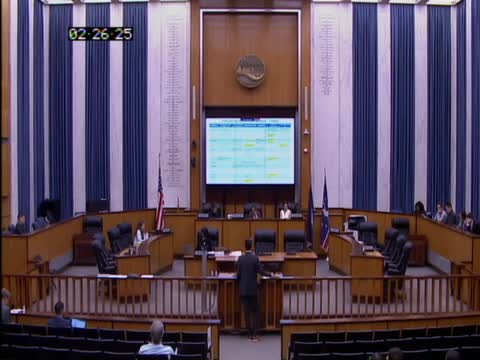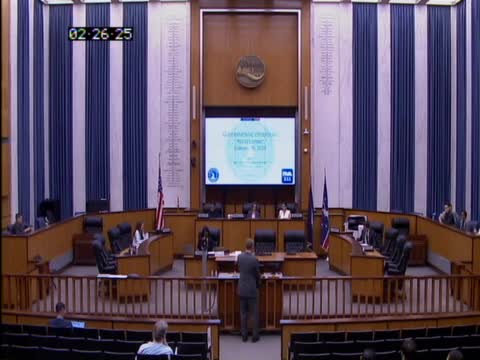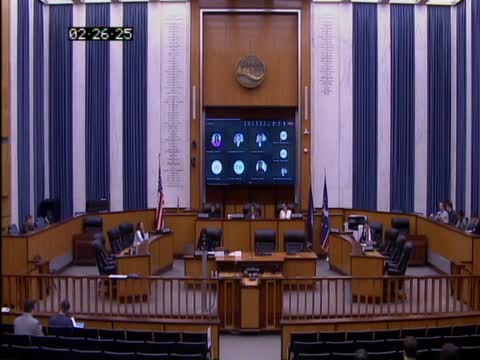Article not found
This article is no longer available. But don't worry—we've gathered other articles that discuss the same topic.

Council's Government Operations committee presses for routine audit visibility; requests overtime and vacancy reports ahead of budget

RVA 311 sees sustained call spike after January water crisis; city plans dispatch pilot and self-service expansions

